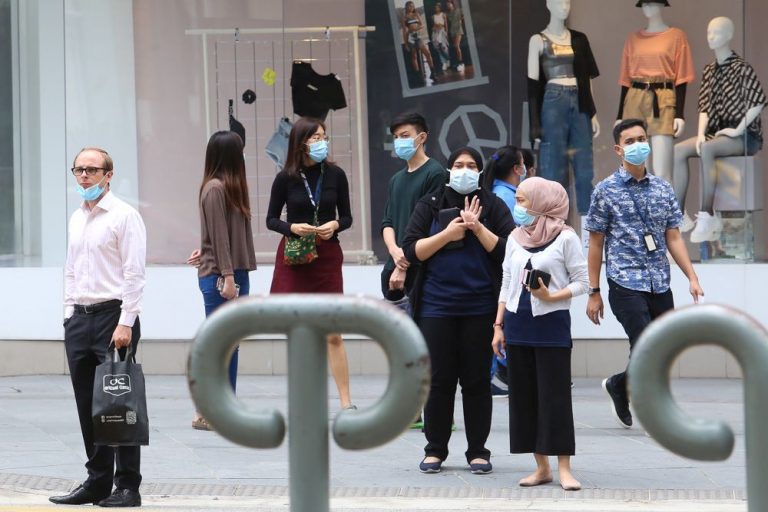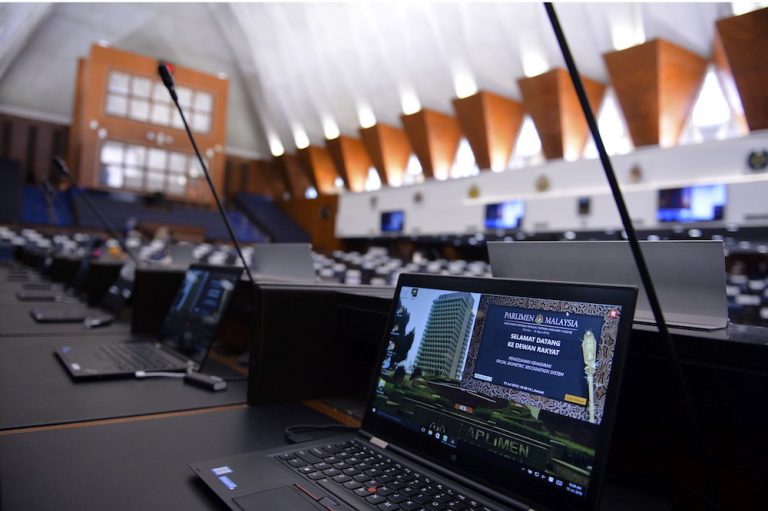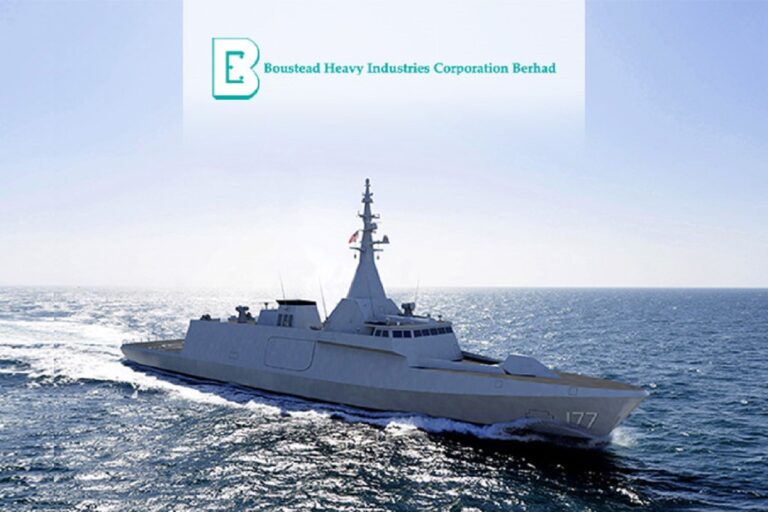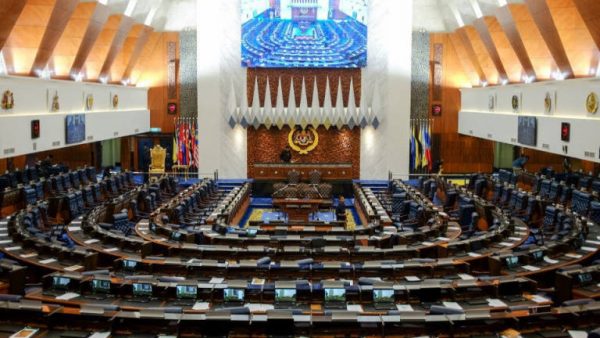
Rethinking the National Defence Industry
There is no doubt that Malaysia has potential to be a producer of various arms and other defence accoutrements. However, this potential must be guided with the right objectives and principles in mind to produce the relevant outcomes.








